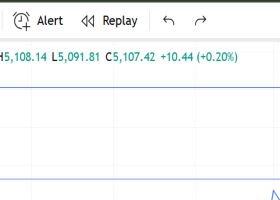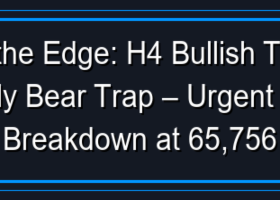Airline companies are considered to be the perennial dogs of the stock market. But – and forgive the pun – over the past three years, they have positively soared.
However, I think they’ve gone about as high as they’re going to go, and they’re getting ready to come back down to earth.
‘Never own an airline stock’ – runs the maxim.
The problem I have with maxims is that they don’t always work.
You ‘buy when there’s blood on the streets’ – and the market falls another 25%.
You ‘buy the rumour, sell the news’ – and the market really does like the news, and rallies.
You ‘sell in May and go away’ – and the market has a bonanza summer.
The ‘never own an airline’ train of thought has its roots in airline stocks’ ugly history of underperformance.
The logic follows the underperformance.
Air travel is no longer a growing space (there are fewer people flying today than in 2008), so the only way for an airline to grow profits is to steal market share. The most effective way to do this (until somebody invents a superfast, supercheap passenger plane) is to slash prices, which eats into profit.
Most airlines lease planes, making it very hard to stand out from the other airlines who are, mostly, leasing the same planes. High regulation costs, taxation, the high cost of fuel, competition from budget airlines – these all make it very difficult for airlines to actually make money.
The industry is also vulnerable to external forces over which it has little control – not least terrorist attacks.
So it all makes perfect logical sense to follow the maxim, ‘never own an airline’.
And yet, the companies have, on the whole, been getting their acts together. Tighter ships are being run, the worst have gone out of business, there have been mergers – American Airlines even paid its first dividend this year since 1980.
So if you’d been avoiding airlines, you’d have missed out on one of the best-performing sectors of the last three years.
Take British Airways – or as it is now sexily known – International Consolidated Airlines Group. In roughly three years, it went from below 150p a share to 450p in March.
Or Lufthansa: from €8 in late 2011 to €20 in March.
Or maybe Continental: from $3 in summer 2009 to $30 in late 2011. And then from $15 in late 2011 to $49 in March of this year!
And how about the not-so-well known Alaskan Air Group? $2.50 in 2008, $50 earlier this year. Newsletter writer Dave Skarika pinged me the chart a fortnight ago and I couldn’t believe what I was seeing:
Airlines have soared.
And here’s a contrarian indicator, if ever there was one: you can’t just buy or sell airlines in the way that you would just about any other sector.
There is no airline exchange-traded fund (ETF). There used to be. Direxion closed its airline ETF in 2011 after it attracted only $2m in investment (a classic bottom of the market signal, perhaps).
This left only the Guggenheim Airlines ETF, and it had the same problem: it couldn’t attract investment. That was closed in March 2013 – right in the middle of a 150% tear in airline stocks.
Since it closed, the NYSE Arca Global Airline Index, which the ETF tracked, is up around 60%, compared to 28% for the S&P 500.
Perhaps we should wait for the next airline ETF to launch before shorting.
Or maybe not.



